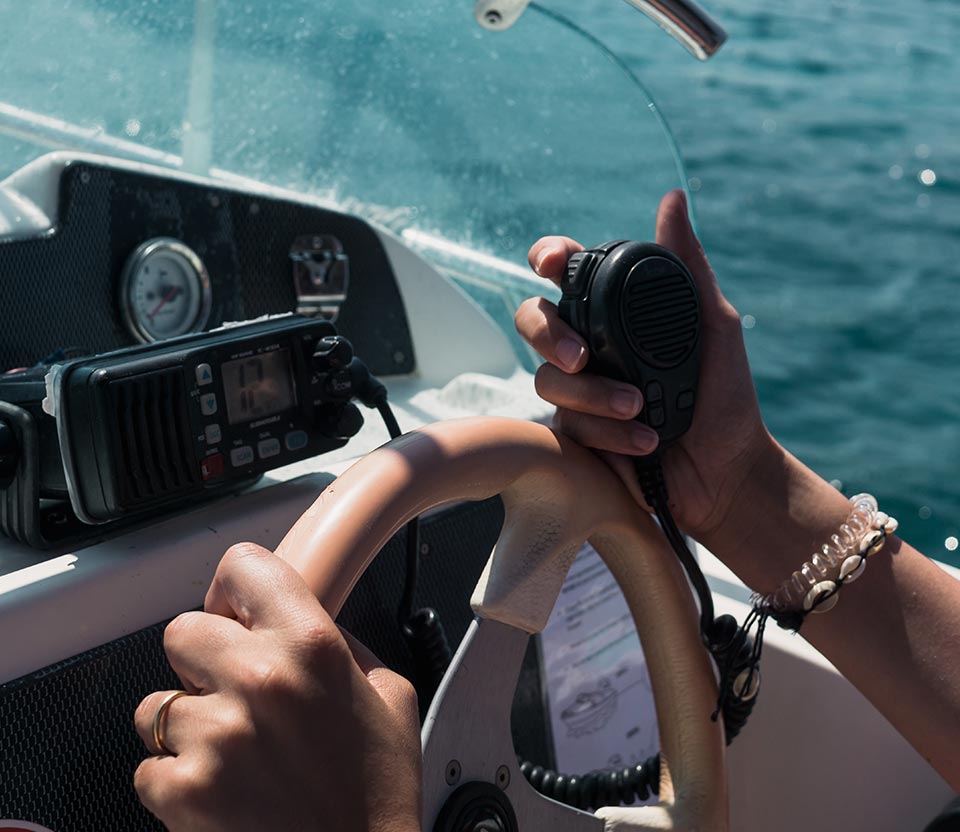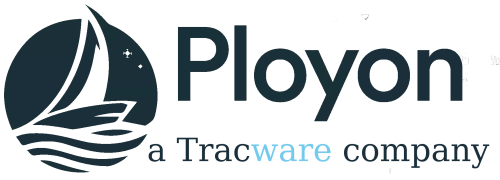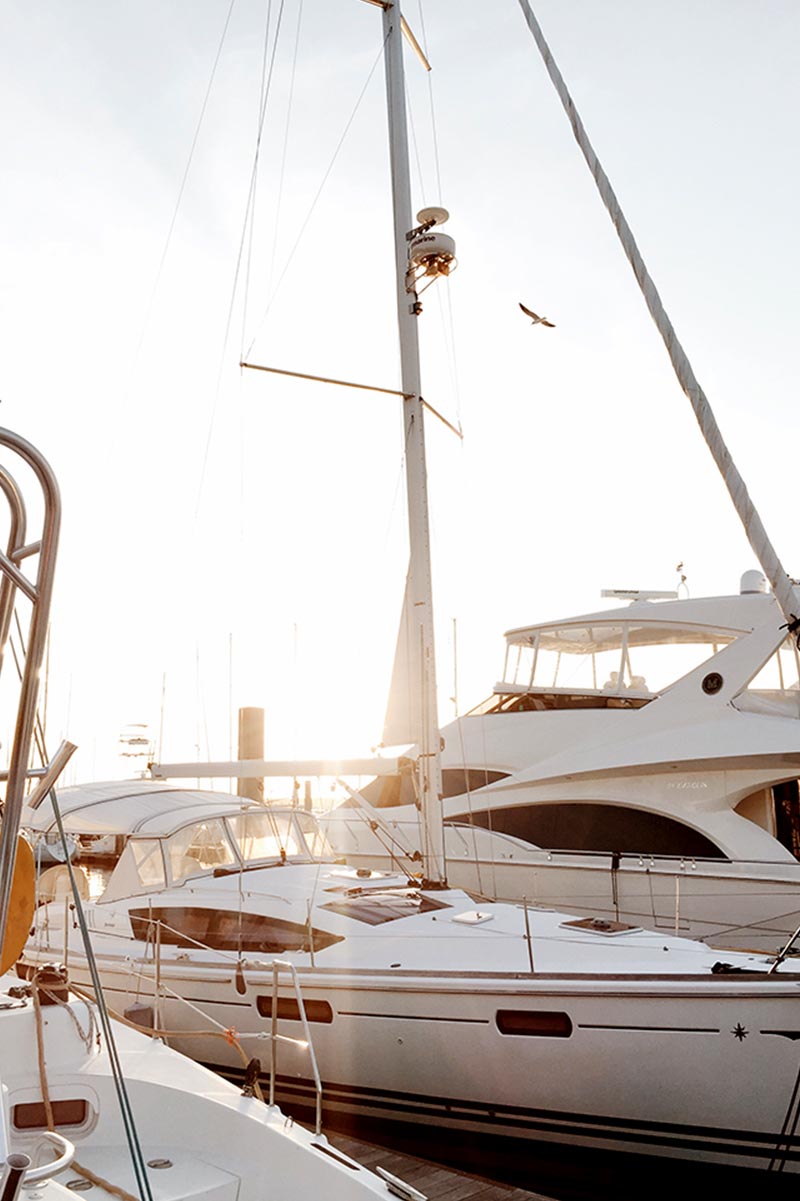
Part 1: The Benefits of Boating Safety Courses
Welcome to the first instalment of our series, “Navigating Safe Waters: The Importance of Boating Education and Training“. This series is designed to highlight the critical role that education and training play in ensuring a safe and enjoyable boating experience. In this initial part, we will explore the benefits of boating safety courses, a cornerstone of boating education.
Table of Contents
Introduction
Boating safety courses provide a comprehensive guide for boaters at all levels of experience. They cover a broad spectrum of topics, from the fundamentals of boat operation and understanding navigational rules to more advanced skills such as handling emergencies on the water. These courses aim to equip boaters with the necessary knowledge and skills to navigate waters safely and responsibly.
Safety on the water is of utmost importance. The open water, while offering a sense of freedom and adventure, can also present a variety of hazards. These can range from sudden changes in weather conditions to equipment failure, and even encounters with other vessels. A lack of preparedness or understanding of how to respond in such situations can lead to accidents, some of which can have fatal consequences. Boating safety courses address this by providing boaters with the knowledge and skills to anticipate, avoid, and handle potential dangers on the water.
In the sections that follow, we will delve into the content of these courses, their impact on insurance premiums, and how they contribute to a boater’s confidence on the water. Join us as we navigate the world of boating safety and discover why these courses are an indispensable part of any boater’s journey.
Understanding the Basics
As we delve deeper into the realm of boating safety, it’s crucial to understand what a typical boating safety course entails. These courses aim to provide a comprehensive understanding of the fundamental aspects of boating, equipping participants with the knowledge and skills necessary to prevent accidents and ensure safety on the water.
Boating safety courses typically cover a wide range of topics. These include the basics of boat operation and handling, navigation and chart reading, weather interpretation, and emergency procedures. They also delve into the legal aspects of boating, such as understanding the rules of the waterway, boating regulations, and the responsibilities of a boat operator.
The role of these courses in preventing accidents is significant. By equipping boaters with the necessary knowledge and skills, these courses help to reduce the likelihood of accidents on the water. They teach boaters how to operate their vessels safely, understand and follow the rules of the water, respond effectively in emergencies, and make responsible decisions that prioritise safety.
For those interested in undertaking a boating safety course, there are numerous accredited organisations worldwide that offer such training. Here are some resources for boating safety courses in various regions:
- North America: U.S. Coast Guard’s Boating Safety Division, BoatUS Foundation, Boat-Ed
- South America, Europe, Asia: IYT Worldwide
- Australia: Boat-Ed
These organizations offer comprehensive boating safety courses that adhere to international standards, ensuring that you are well-equipped to navigate the waters safely and confidently. In the next section, we will explore how these safety courses can also positively impact your boating insurance premiums.
The Impact on Insurance
As we navigate further into the benefits of boating safety courses, it’s important to highlight their impact on an aspect that might not immediately come to mind – insurance. Indeed, your decision to undertake a boating safety course can influence your boat insurance premiums. Let’s explore how.
Insurance companies assess risk when determining the premiums for a policy. Thelower the risk associated with insuring you and your boat, the lower your premiums will likely be. Completing a boating safety course demonstrates to your insurance company that you are committed to operating your boat safely and responsibly, which can reduce the risk of accidents.
Boating safety courses equip you with the knowledge and skills to prevent accidents on the water – from understanding navigational rules to handling emergency situations. This education can make you a safer boater, and safer boaters are less likely to make insurance claims.
Insurance companies often recognize this reduced risk with discounts on boat insurance premiums for those who have completed accredited boating safety courses. The specifics can vary from one insurance company to another, so it’s always a good idea to check with your insurer about potential discounts for boating education.
In essence, investing in a boating safety course can not only enhance your safety on the water but also potentially lead to financial savings in the form of lower insurance premiums. It’s a win-win situation – you gain knowledge and confidence, and you save money. In the next section, we’ll delve into how boating education can increase your confidence and enjoyment on the water.
Confidence on the Water
As we continue our journey through the benefits of boating safety courses, let’s turn our attention to a less tangible, but equally important, advantage – the increase in confidence and enjoyment that education can bring to your boating experiences.
Confidence plays a crucial role in any activity, and boating is no exception. When you’re out on the water, confidence in your abilities can enhance your control over the vessel, your decision-making, and ultimately, your safety. This is where boating safety courses come into play.
By providing comprehensive knowledge about boating operations, navigation, emergency procedures, and legal aspects, these courses help to build a solid foundation of understanding. This understanding, in turn, fosters confidence. When you know how to handle your boat, how to respond to changing weather conditions, or what to do in an emergency, you can navigate the waters with greater assurance.
Moreover, this confidence can significantly enhance your enjoyment of boating. With the peace of mind that comes from knowing you’re well-prepared, you can relax and fully appreciate the beauty and freedom of being on the water. Whether you’re cruising along a serene lake, sailing in the open sea, or fishing in a quiet bay, your boating experiences can be more enjoyable when you’re not constantly worried about what to do if something goes wrong.
In essence, boating safety courses do more than just teach you about safety measures and regulations. They empower you with confidence, transforming your boating experiences from being merely about getting from one point to another, to truly enjoying the journey. In the concluding section, we will recap the manifold benefits of boating safety courses.
Conclusion
As we conclude the first part of our series, “Navigating Safe Waters: The Importance of Boating Education and Training”, let’s take a moment to reflect on the key takeaways from our exploration of the benefits of boating safety courses.
Boating safety courses offer a wealth of benefits that extend far beyond the classroom. They provide a comprehensive understanding of boating operations, navigation, and emergency procedures, playing a pivotal role in preventing accidents on the water. The knowledge and skills gained from these courses not only enhance safety but also foster confidence, allowing boaters to fully enjoy their time on the water.
Moreover, these courses can have a positive impact on your boat insurance premiums. By demonstrating your commitment to safety and reducing the likelihood of accidents, you can potentially secure lower premiums from your insurance provider.
In essence, boating safety courses are an investment – an investment in knowledge, in safety, in confidence, and in enjoyable boating experiences. They are a crucial first stepin your journey towards becoming a responsible and confident boater.
As we progress in this series, we will delve into the legal requirements for boating licenses and education in the next part. We will explore the laws that govern boating, the process of obtaining a boating license, and the penalties for non-compliance. Stay tuned as we continue to navigate the waters of boating education and training.





Leave a Reply